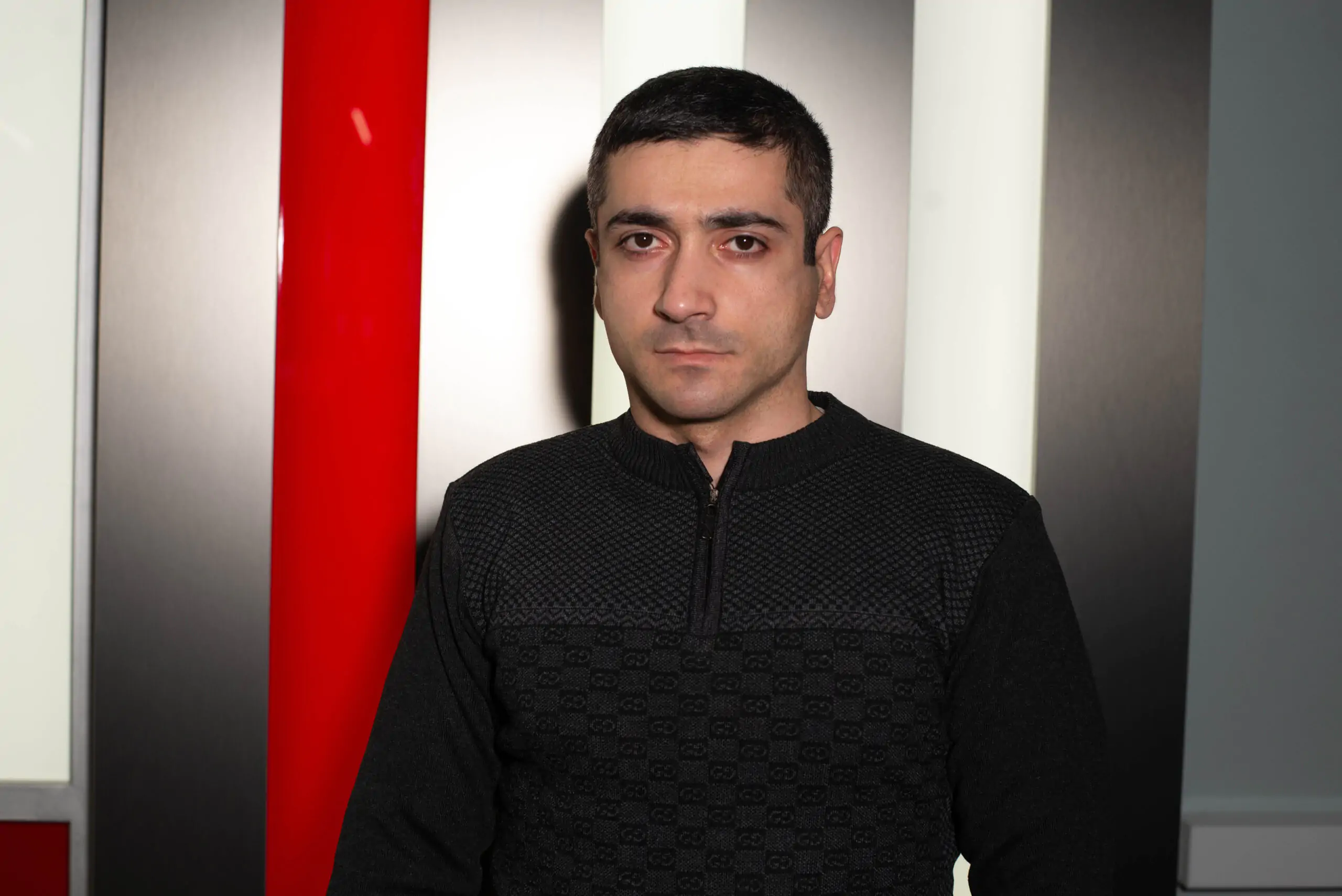
Will the “Zangezur corridor” turn Georgia into an amputated body part?
Former Georgian President Mikheil Saakashvili, said in an interview to Mtavari Arkhi TV channel that the “Zangezur corridor” will turn Georgia into an amputated part of the South Caucasus, which is not in anyone’s interests. According to him, Georgia developed as a country due to its geography, allowing it to become an important transit hub. But the opening of the “Zangezur corridor” can nullify the significance of Georgia as a transit communications hub, as a result of which the country will suffer major economic losses. Former Georgian Defense Minister Tina Khidasheli expressed a similar viewpoint.
To remind, after the outbreak of the Artsakh conflict, when the former communication links, built by the Soviet Union, were closed, Turkey and Azerbaijan started to work toward the creation of new routes that would connect them. As a result, the Baku–Tbilisi–Kars railway and the Baku-Tbilisi-Ceyhan pipeline were built. Armenia also needed alternative routes, and the only alternative route, in this case as well, was running through Georgia — making it possible to connect with Russia — and through the Georgian ports of the Black Sea with Europe. The Armenia-Georgia transit route was also in the interests of Iran, being the shortest way from Iran to Russia and into the Black Sea.
Thus, the conflict between the neighboring countries gave Georgia the opportunity to become not only a regional, but also an important international communications hub. The Trans-Caspian Railway, which connects Europe to China and is considered in the West the most optimal way to the east, bypassing unfriendly countries, i.e., Iran and Russia, runs through Georgia. These processes have ensured a massive flow of economic investments into Georgia for years, and if we add to this the revenues coming from the transit, we will understand how the so-called “Georgian miracle” was made possible.
Last year, transit taxes collected from trucks alone added $62 million to the Georgian state budget. However, now that Turkey and Azerbaijan are pressuring Armenia into giving them a route through the south of Syunik, the “Georgian miracle” may come at stake. According to Georgian analyst Archil Sikharulidze, regardless of whether the “Zangezur corridor” opens or not, Georgia will remain a communications hub of major significance. According to Sikharulidze, Georgia enjoys a high reputation and has been skillfully exercising soft power, thanks to which it will remain a reliable partner, both for regional and non-regional countries. The opening of a route through the south of Armenia cannot change the situation for Georgia.
This viewpoint can be considered if we view the developments solely in the short term. While, in the long term, Turkey and Azerbaijan will succeed in seizing the “Zangezur corridor” from the current weak and toothless authorities of Armenia. The investments they make in Georgia will go to Syunik, as the future road through Syunik, connecting them to each other, benefits Turkey and Azerbaijan, both geopolitically and economically. Moreover, they will try to interest other foreign investors, to finance their own route instead of the Georgian one. This is what the interview of the head of Strategic Planning and Development Department of the Baku International Sea Trade Port CJSC given to Report is about. According to him, the services of Georgian ports are quite costly, and if goods are delivered to Turkish ports through the “Zangezur corridor”, and from there to Europe, it will be twice as cheap.
Western countries will also be interested in the opening of the corridor through the south of Syunik, as it will not only be shorter and more efficient compared to the Georgian routes, but will also have geopolitical significance. Having control over the “Zangezur corridor”, one can control Russia’s and Iran’s movements from the north to the south.
Thus, the so-called “Zangezur corridor” may shatter the “Georgian dream”; but what will this give to Armenia? If Turkey and Azerbaijan were really civilized and constructive, as the man holding the Armenian prime minister’s post claims, the unblocking of transport links would have a positive impact on Armenia. But in fact, the Turkish-Azerbaijani tandem will try to occupy Armenian territories on the pretext of unblocking transport links. This can be seen in their statements, saying that entire Armenia was formed in the “western territories of historical Azerbaijan”, and that in the future, Azerbaijani refugees should return there, etc. In this regard, Armenia can skillfully use Georgia’s dissatisfaction over the “Zangezur corridor”. During the 44-day war, Georgia declared its neutrality and banned the importation of weapons to Armenia and Azerbaijan through its territory. However, experience shows that it was only Armenia that suffered from that. Azerbaijan continued to use Georgia’s airspace to import weapons, while the Georgian side professed not to notice that. In case of a new war, the Armenian side can make Georgia understand that, in the long term, in the event of Azerbaijan’s victory, Armenia is not the only side that will suffer. Playing on Georgian interests, it is possible to reach a situation where, in case of a war, Georgia will not allow arms deliveries to Azerbaijan through its territory. Moreover, internal agreements can be reached. For example, by keeping Syunik, we will not open any corridor for Azerbaijan. In exchange, Georgia will provide Armenia with cheaper services to use its road junctions. Iran can be involved in these processes, as a result making Armenia and Georgia constituent parts of the North-South roads. Thus, Armenia and Georgia can neutralize the threat coming from the “Zangezur corridor” only in case of effective cooperation and mutual promotion of each other’s interests.
Ashot Barekyan


